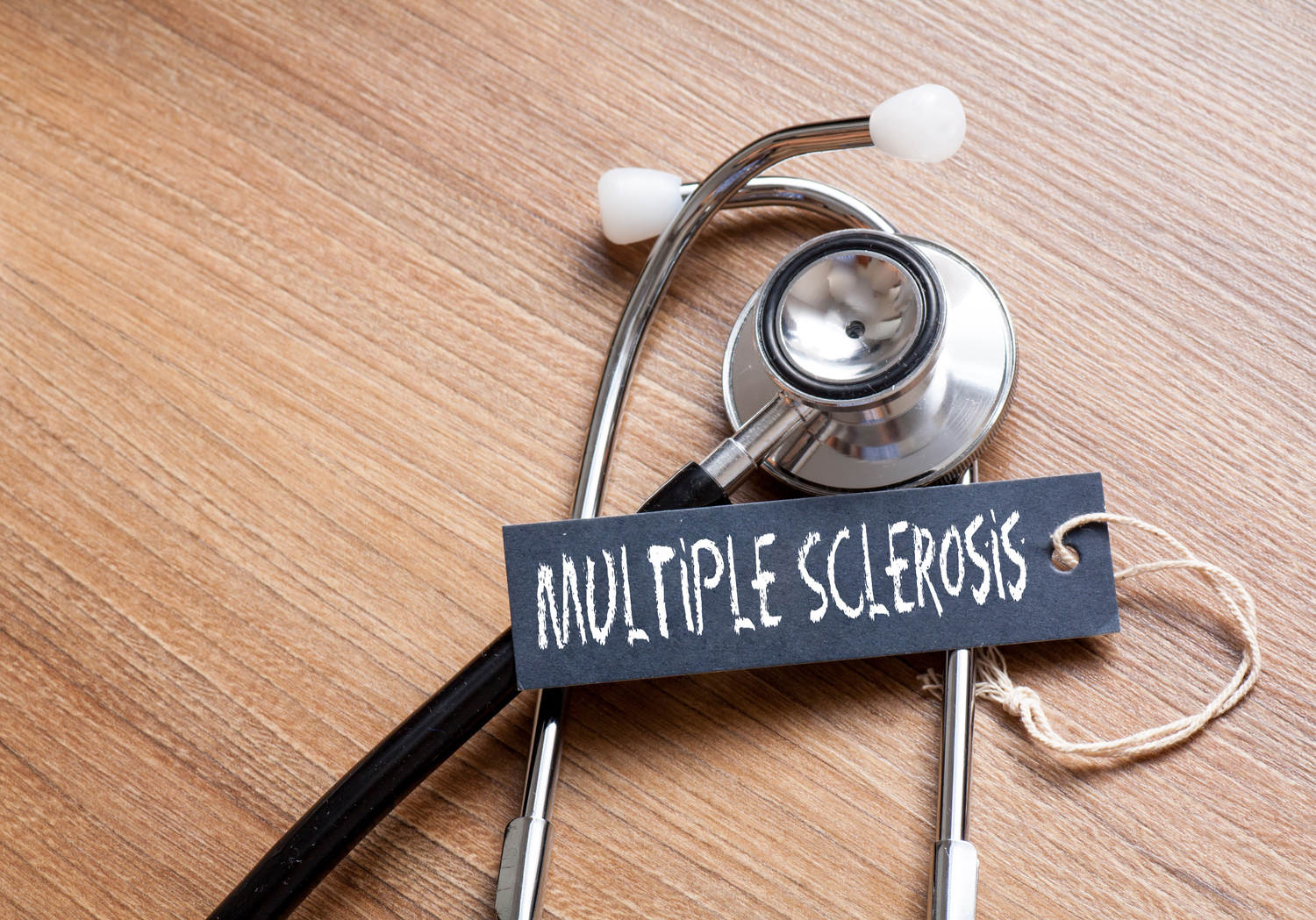
Lifestyle Changes To Aid Multiple Sclerosis Patients
Multiple sclerosis is a neurological disease that results in multiple disabling conditions. The most common effects are balance and gait problems, weakness, muscle tightness that is also known as spasticity, fatigue, bladder and bowel dysfunction, vertigo, and sexual dysfunction. The strategy to improve the quality of life of patients and reduce the symptoms of the condition is to ensure the following along with taking medication:
- Diet, exercise, and healthy living
- Emotional well being
- Spiritual well being
- Cognitive health
Healthy weight
Being overweight and overeating is a common impact of multiple sclerosis because of fatigue, steroids, and depression. Overeating, in turn, worsens the symptoms, so it is important to break this cycle by focusing on the right diet and nutrition. Overeating results in joint pain, fatigue, decreased self-esteem, increased pressure on the heart and lungs, and puts one at risk for developing other illnesses. Here are some lifestyle changes for patients of multiple sclerosis to undertake:
- Instead of dieting, follow a strict regimen to limit the portions and avoid high-calorie foods.
- Change eating habits one by one, and start by having a healthy breakfast.
- Pack lunch with more veggies and less meat.
- Reduce the portion size of dinner or have a snack late in the evening.
- Cut out rich, fried, processed, and packaged food and snacks and opt for fat-free food and fresh fruits and veggies for snacks.
- Do not binge.
- Reduce the intake of salt.
- Avoid smoking.
- Ensure regular physical activity and gradually increase the time spent exercising.
- Take supplements in consultation with a doctor.
Stress management
Doctors believe that the emotional well-being of people can be nurtured and used to bring about a positive impact to manage stress. The diagnosis of multiple sclerosis can be overwhelming, and stress can worsen symptoms. So, lifestyle changes for multiple sclerosis include managing stress by engaging in meditation, yoga, arts, music, art, or writing. Support groups are a great way to be connected with other people dealing with the condition, share concerns, and exchange ideas. These efforts help improve confidence and maintain a positive outlook. Emotional well-being is of great significance as the condition is chronic and disabling.
Using mobility devices
Many patients of the condition deny themselves the use of mobility devices, but patients should talk to counselors to help make that decision. This lifestyle change for multiple sclerosis can help them become more mobile in case the symptoms are severe. Fatigue is a common symptom that increases the risk of people falling, and it can be easily overcome with mobility devices. Also, the use of mobility devices should not be perceived as a weakness but rather an aid that gives the freedom to do anything and go anywhere. It also prevents falling, which can cause more damage.
Changing the way we think and live
Grieving due to the inability to function normally can be one of the effects of multiple sclerosis, and doctors and psychologists say that healthy grieving could be one of the first steps toward healing. Identifying the challenges caused to both the patient and their family and prioritizing accordingly helps one set reasonable goals and work toward them.


